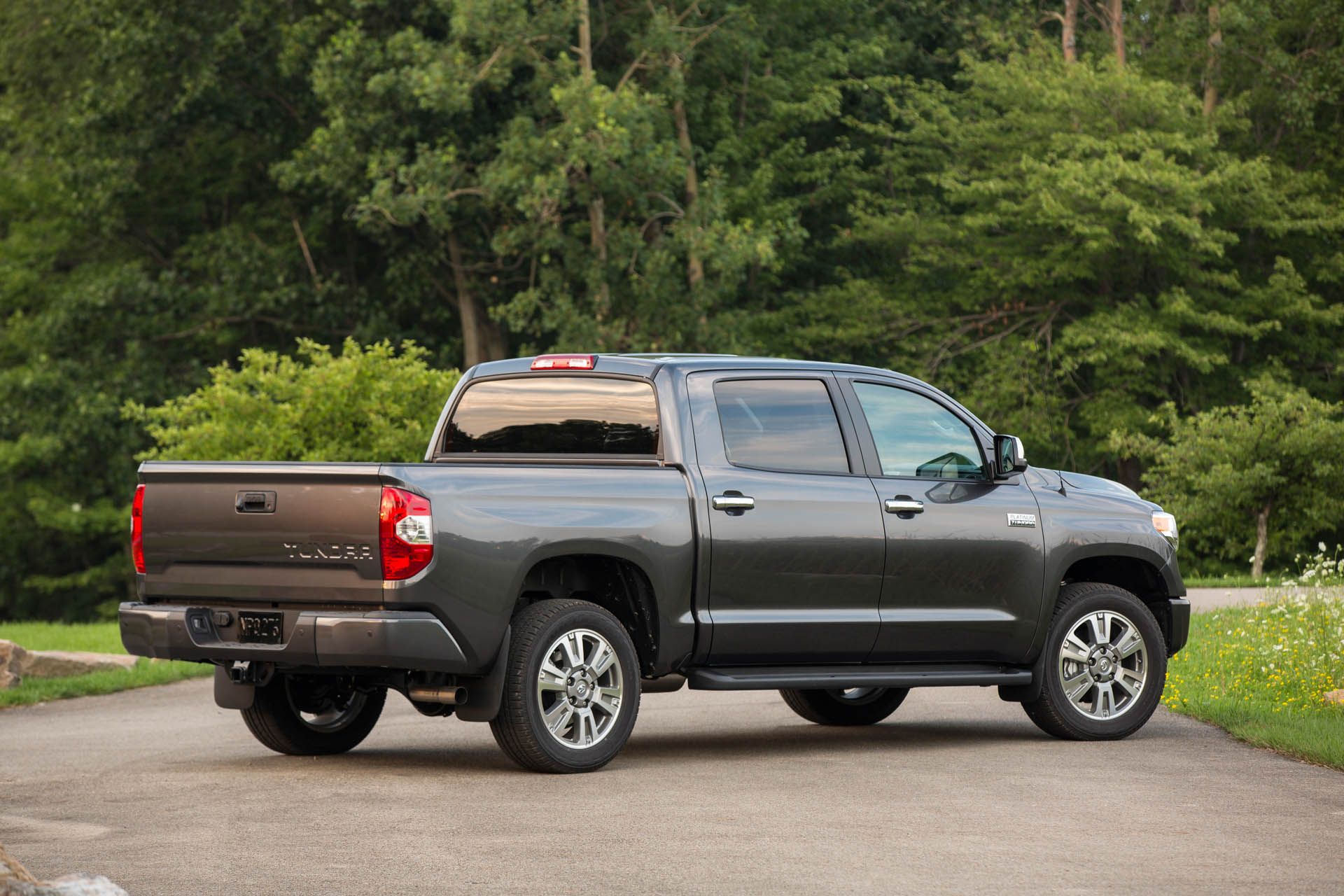A federal judge in the United States has dismissed a class-action lawsuit against Toyota Motor Sales U.S.A over wiring damage caused by rodents.
In the lawsuit filed in August 2016, it was claimed that Toyota’s decision to use soy-based, rather than petroleum-based, insulation for engine wiring had made the insulation more attractive to rodents. Those behind the suit claimed that damages should be covered under warranty. Toyota, obviously, disagreed.
Last month, U.S. District Judge Andrew Guilford granted motions to dismiss the lawsuit without leave to amend. In addition, the judge dismissed claims of fraud and consumer protections, asserting that the plaintiffs hadn’t provided the necessary specificity to make such claims.
The lawsuit was originally filed on behalf of Indiana resident Albert Heber, who was forced to pay roughly $1500 to fix the wiring on his 2012 Toyota Tundra when it was chewed on three occasions. A host of other owners came forward shortly after with similar complaints.
In the order issued by the judge, it was stated that Toyota couldn’t have known the soy-based insulation would attract rodents.
“Plaintiffs’ complaint includes several consumer complaints from several different Toyota owners alleging rodent damage to several different parts of their vehicles. And this damage wasn’t always connected to soy-based parts.
“Considering this considerable variance, it isn’t clear that Toyota could have specifically articulated any increased ‘risk’ to any particular part of Plaintiffs’ vehicles because of the soy coated wiring,” Judge Guilford said.
In a statement issued to Automotive News, Toyota said it was gratified with the judge’s decision to dismiss the class-action lawsuit.






